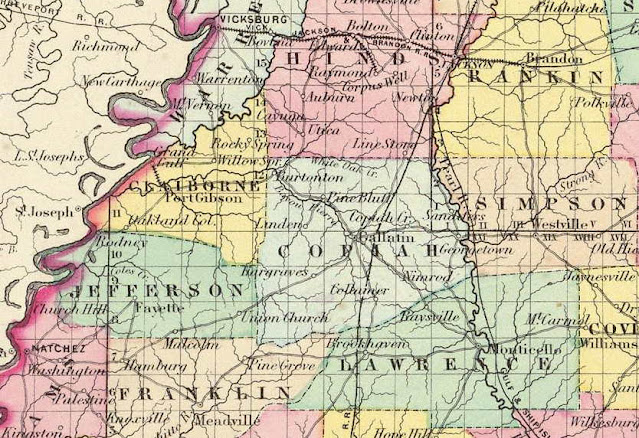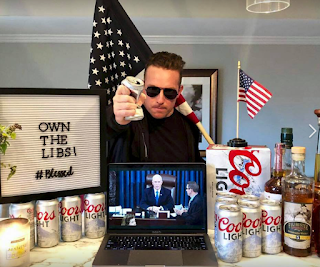John Kuehn's Big Little Lies
John Kuehn (DVM) loves him some executions. He loves them so much he wants to protect them from the prying eyes of people who might foolishly believe having the state inject people with lethal substances to kill them might not be such a wonderful thing. Although he hilariously claims to be a steadfast advocate of transparency in government , this transparency does not extend to the suppliers of execution drugs to the state of Nebraska. So he's sponsoring a bill to conceal the identities of manufacturers and suppliers of the ingredients of death-penalty cocktails. He wrote just a couple of months ago, and on other occasions previous to that, that there are worldwide shortages of sodium thiopental, an important component of these cocktails but also a valuable drug for actually treating people instead of killing them.
Activism and misrepresentation of sodium thiopental has virtually eliminated the drug from the global market, at the cost of untold lives.The technical term for this is 'a lie'. Thiopental is widely available elsewhere in the world, and a few minutes googling will find you at least a half-dozen European and Asian manufacturers, and dozens of suppliers. This page tracks thiopental exports from India, and obviously there has been no problem.
There is indeed a shortage in the United States, and anesthesiologists are upset, because the drug is thought to be superior to the alternatives for geriatric, cardiovascular, and neurosurgical patients. But the reason for the shortage is bloodthirsty legislators like Kuehn, who continue, despite the revulsion of the civilized world (I was going to write the rest of the civilized world, but, y'know, Trump). The only domestic manufacturer, Hospira, ceased US production in 2009, because Abbott Labs, who made the raw chemical, ceased production of it, and the Italian government won't let them export it to the US from its manufacturing facility in Italy. Kuehn was untruthful about this too; he claimed
Protests led the last U.S. manufacturer of sodium thiopental to cease production of the drug in 2009.
Sandoz, headquartered in Germany, instructed its subsidiaries not to sell to the United States. Then the UK, and subsequently the EU, banned export to the US. Nebraska's desperate attempts to score some thiopental through an Indian manufacturer ultimately led their CEO to stop shipping it to the US.
"Obviously I don't want to be an accessory to state sponsored killing...I had to make a choice between losing business or losing my conscience...I chose the former."Another problem is that thiopental is a controlled substance and its import is regulated by the FDA, who have to certify the manufacture is carried out to US standards. It's a long process, and no one is interested in paying for it. In fact, thiopental is trivial to synthesize (it's OK, I won't have any part in killing people) and the main constraints on supply are US bureaucracy.
The fact is, the continued use of the death penalty has made the US an international pariah, and legislators like Kuehn are responsible for this. You wouldn't sell a loaded gun to a child; likewise, the rest of the world does not want to sell a powerful drug to the US in order to facilitate the state killing of individuals. If there is a shortage of thiopental in the US, the blame falls on him, and people like him.




Comments
Post a Comment